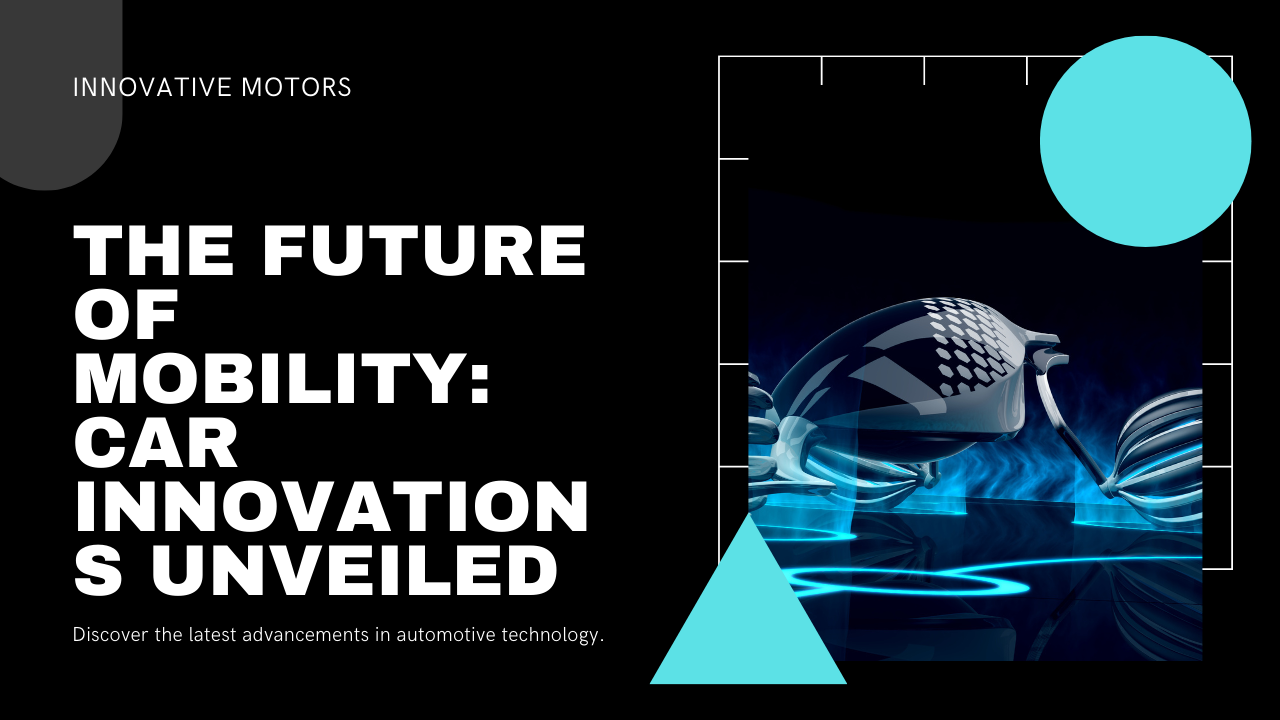The future of mobility is being shaped by a wave of emerging car innovations that promise to revolutionize transportation as we know it. From flying cars and hyperloop systems to hydrogen fuel cells and biometric authentication, these futuristic technologies are pushing the boundaries of what’s possible and reimagining the way we move from point A to point B.
Flying cars, once the stuff of science fiction, are inching closer to reality thanks to advancements in electric propulsion, autonomous flight, and urban air mobility. Electric vertical takeoff and landing (eVTOL) aircraft promise to provide fast, efficient transportation in urban areas, reducing congestion and commuting times. Companies like Uber, Airbus, and Volocopter are developing prototypes and testing aerial mobility services in cities around the world, paving the way for a new era of urban transportation.
Hyperloop systems offer another vision of the future of mobility, promising high-speed transportation in vacuum-sealed tubes at near-supersonic speeds. Hyperloop pods propelled by magnetic levitation (maglev) technology could transport passengers and cargo between cities in minutes, revolutionizing long-distance travel and freight logistics. Companies like Virgin Hyperloop, SpaceX, and Hyperloop Transportation Technologies are actively developing and testing hyperloop prototypes, with ambitious plans to build commercial systems in the near future.
Hydrogen fuel cells are emerging as a promising alternative to traditional batteries for powering electric vehicles, offering longer ranges and faster refueling times. Fuel cell vehicles (FCVs) use hydrogen gas to generate electricity through a chemical reaction with oxygen, producing water vapor as the only emission. With advancements in hydrogen production, storage, and distribution infrastructure, FCVs have the potential to overcome the limitations of battery electric vehicles and accelerate the transition to zero-emission transportation.
Biometric authentication technology is revolutionizing car security and personalization, enabling seamless access and customization based on individual preferences. Facial recognition, fingerprint scanning, and voice recognition systems can authenticate drivers and adjust settings such as seat position, climate control, and entertainment preferences automatically. By integrating biometric sensors into vehicle interiors, automakers are enhancing convenience, security, and personalization for drivers and passengers alike.
In addition to these emerging innovations, advancements in artificial intelligence, robotics, and materials science are driving progress in autonomous vehicles, advanced driver assistance systems (ADAS), and vehicle-to-everything (V2X) communication. From self-learning algorithms and predictive analytics to smart sensors and adaptive materials, these technologies are making cars smarter, safer, and more efficient than ever before.
In conclusion, the future of mobility is bright with promise, thanks to a wave of emerging car innovations that are pushing the boundaries of transportation and redefining the way we move. From flying cars and hyperloop systems to hydrogen fuel cells and biometric authentication, these futuristic technologies offer glimpses of a world where transportation is faster, safer, and more sustainable than ever before.




